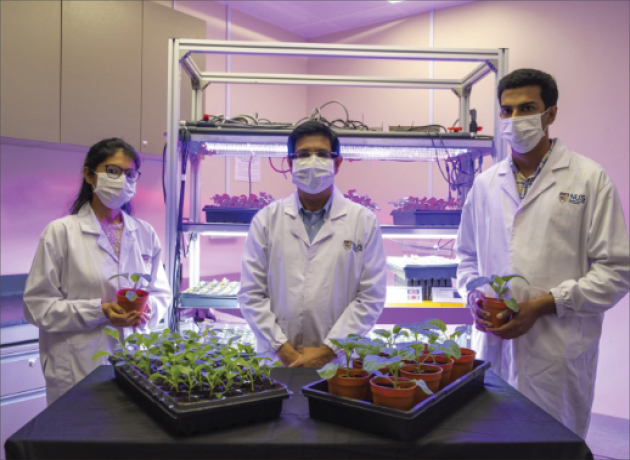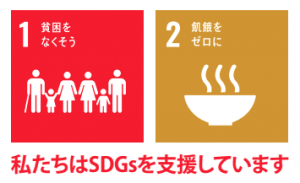2022.08.29
Youth Report by NUS
シンガポール国立大学(NUS)語学教育研究センター(CLS)LAJ4203 Newspaper Readingの日本語履修生が日本語で様々なトピックを綴ります。
NUS野菜生産効率アップできる微生物発見!

「明日の昼ご飯、何が食べたい?」もしこの質問に簡単に答えられたら、おめでとう!あなたは飢餓が広がっている地域に住んでいないし、慢性的な栄養不良に陥っている7億9500万人よりラッキーです!しかし、「安に居て危うきを思う」ことも大事です。
日本と同じ島国で国土が狭く農地が少ないシンガポールの食糧自給率はなんと1割以下です。コロナ禍で世界中の食料サプライチェーンが大きな打撃を受けている現状に対し、シンガポール国立大学の研究者達は色々な野菜の生産効率をアップできる微生物を発見しました。
実は私は中学の時、水耕農園に行ってそこで育てられた名も知らぬ特殊な農産物を家に持ち帰り料理し、恐る恐る食べてみましたがあまりおいしくありませんでした。それに対し、今回のNUSの研究は日々食べている菜心やほうれん草などの需要の高い野菜の生産効率を向上させようとしているため、まずい奇妙な植物を食べさせられる心配は無用です。
これは朗報ですが、毎日菜やほうれん草だけを食べ続けるのも無理だし、やはりこれからはもっと研究の範囲を広げ、いろいろな農産物の生産効率を向上させることが大事でしょう。

《英語翻訳》
Discovery of microorganisms that can improve NUS vegetable production efficiency!
“What do you want to eat for lunch tomorrow?” If you can answer this question easily, congratulations! You don’t live in an area where hunger is spreading and you’re luckier than the 795 million people who are chronically malnourished! However, it is also important to “stay in peace and think of danger”.
Singapore, which is the same island country as Japan and has a small land area and little farmland, has a food self-sufficiency rate of less than 10%. Researchers at the National University of Singapore have discovered microbes that can increase the production efficiency of a variety of vegetables, while the corona has hit food supply chains around the world hard.
To tell the truth, when I was in junior high school, I went to a hydroponic farm and brought home a special agricultural product that I did not know the name that was raised there, cooked it, and it was not so delicious when I ate it. On the other, this NUS study attempts to improve the production efficiency of in-demand vegetables such as vegetarian hearts and spinach that we eat every day, so don’t worry about being forced to eat bad and strange plants.
Singapore is seeking to increase its food self-sufficiency rate to 30% by 2030, and in March 2019, the government decided to contribute SGD30 million (about 2.2 billion yen in Japanese yen) to increase the productivity of leafy vegetables, chicken eggs, and fish, which are in high demand in Japan.
This is good news, but it is impossible to continue eating only vegetarian hearts and spinach every day, and it is still important to expand the scope of research and improve the production efficiency of various agricultural products from now on.

ゼン・シーチャウ さん
私はシンガポール国立大学(NUS)の3年生で、計算機科学学部の学生です。AIやデータベースが専門です。ウェブやモバイル開発もやっています。Java, Python や C++の他、日本語も勉強しています。
私の過去のプロジェクトはこちらからアクセスできます。
■気になっているニュース■
東北のすごいいちご
いちごに専念するベンチャー「GRA」の起業のきっかけと過程と経営状況をまとめたビジネス特集です。単なる新しい技術を追求するだけでなく、ベテラン農家から詳しく聞き取ったノウハウや経験を踏み台として新しいシステムに統合することは素晴らしい。12個入りで税込み8,640円のいちごは買いますか。



